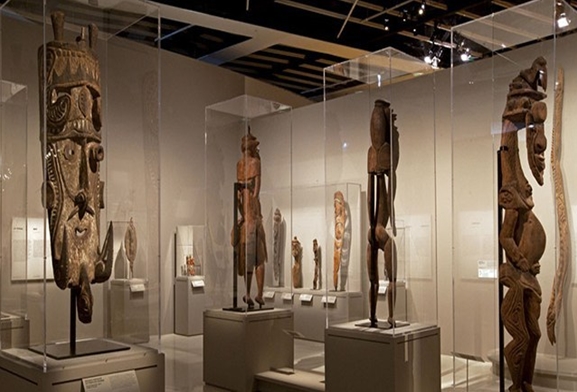|
|
Restitution of looted objects in Ghana
A favorable global dialogue for the restitution of
African cultural heritage in general
and
Ghanaian in particular

The return of antiquities stolen by a US
museum is a very sensitive issue for many Ghanaians. For many years,
thousands of African art objects have been stolen or sold illegally to
foreign museums, particularly European and American ones. These objects
represent a substantial part of the history, culture and identity of
African countries, but have been largely out of reach for Africans.
However, in recent years there has been
an uptake
of growing awareness of the importance of returning these objects to
their original sources, where they can be protected and enjoyed by
local communities. Ghana has been one of the leading countries in this
movement, publicly calling for the return of its stolen antiquities.
In 2019,
a US museum has announced it will return a series of antiquities stolen
from Ghana, as part of a historic deal between the two countries. The
announcement was greeted with enthusiasm and emotion by many Ghanaians,
who saw it as a sign of respect for their cultural heritage and
history. Other museums and collections around the world have
subsequently returned art objects to Ghana. Among the objects returned
between 2019 and 2024 are sculptures and objects in wood, brass and
ivory, dating from the 15th to the 20th century: a brass head
representing King Guézo of the Kingdom of Benin and a wooden statue
representing an AKUA' BA, a doll traditionally used by Akan women in
Ghana...
Since then, Ghana
has experienced a cultural ferment, with many events held to celebrate
the return of stolen antiquities. The country has also intensified its
efforts to recover other objects stolen and lost over the decades
during the colonial period.
These restitutions mark a
turning point in
the history of African art. The Ghanaian approach has inspired many
other countries to take these steps. This could have a lasting impact
on the way African art objects are treated around the world and can
pave the way for a new era of cultural respect and understanding, but
above all a favorable global dialogue on the restitution of cultural
heritage .
Durand BIYONG
|
|


